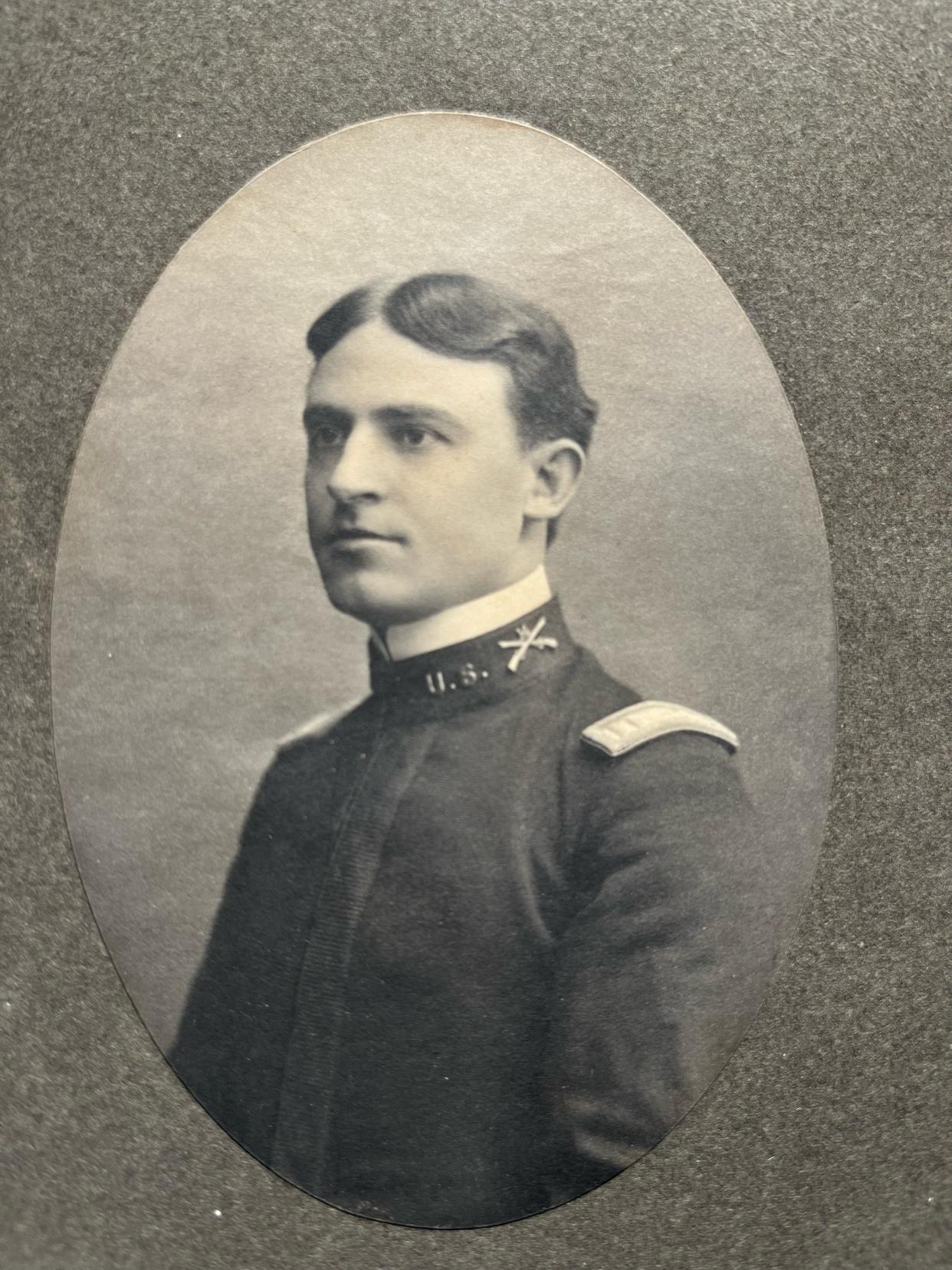Veterans column: Perry Miles witnesses Spanish fleet's destruction at Manila Bay

1st Lt. Perry Miles wrote in his memoir, “Fallen Leaves: Memories of an Old Soldier,” that on June 30, 1898, the convoy transporting the 14th Infantry soldiers entered Manila Bay. Once in the bay, the they saw the destruction of the Spanish fleet by U.S. Adm. George Dewey.
“As we neared Manila we could see our anchored fleet off the town (Cavite) to starboard. The wrecks of the destroyed Spanish fleet were lying about ignominiously and partly submerged in the variety of grotesque shapes one sees in the spent bodies of soldiers on the battlefield. One could see how greatly the Spanish fleet was out-weighed and out-gunned by Dewey’s ships.”
Veterans column: Perry Miles, aboard USS Charleston, takes Spanish Fort San Luis in Guam
Miles noted that a British man-of-war was anchored farther offshore than Dewey’s fleet and also noted that a German man-of-war was following the convoy into the harbor:
“We wondered what this German fighter was doing in a blockaded port. Was he going to try to open it for future German trade? Would they take the risk of intervening on the side of Spain?”
The Americans had nothing to worry about from the Germans. The British captain of the man-of-war observed the movement of the Germans and moved his ship between the American fleet and the Germans. A couple of days went by, and then the German ship sailed away without incident.
The town of Cavite was once the site of a Spanish naval yard. Inside the town was an old fort where Miles and the soldiers took residence.
“The rainy season was just beginning, which meant that there was likely to be a shower nearly every day, of increasing frequency and duration as the days passed. Our water supply was rainwater caught from the washed-off roofs. I remember the daily lineups required by our doctor, Major Ebart for our dose of quinine. None of our doctors in the Army had any experience with tropical diseases. We had no tropical uniform, only the blue undress uniform with heavy trousers and a light fitting coat. We didn’t wear coats in the field, but instead our heavy flannel shirts as outer garments and leggings of canvas around our trousers below the knee.
Veterans column: Perry Miles experiences seasickness on his way to Manila, via Honolulu
“It was in this four or five-week sojourn in Cavite where we were getting our introduction into the looks, ways and poverty of this land ‘East of Suez’ that occurred another one of those Captain John (Murphy) episodes which could be counted upon ever so often to furnish a laugh. He was serious-minded to the extreme and seemed to have a hair-trigger brain with instant communication with his tongue whenever he discovered, or believed he did, a dereliction of duty or improper military behavior. One morning he appeared at reveille before the assembly requiring the guard to fill the ranks. The members of the guard jumped to attention with heels clicking and hands smartly at the prescribed salute. As this was the post of the guard, bunks were provided and most of the guards present were still in their blankets when called to attention by the sergeant of the guard. Captain John seemed to be satisfied with the whole performance until he saw out of the corner of his eye a man still lying under a blanket. Instead of dealing directly with the man, Captain John called to the sergeant who was the commander of the guard. ‘Sergeant why didn’t that man too get up and salute?’ The sergeant replied, ‘He can’t captain he’s dead.’ The captain, all primed for an explosion, relented as thoughtlessly as he would have exploded, but he just had to burst into immediate speech, ‘Oh well, he need not salute then.”
Doug Stout is the Licking County Library local history coordinator. You may contact him at 740.349.5571 or dstout@lickingcountylibrary.org.
This article originally appeared on The Columbus Dispatch: Veterans column: Perry Miles sees Spanish fleet's defeat at Manila Bay
